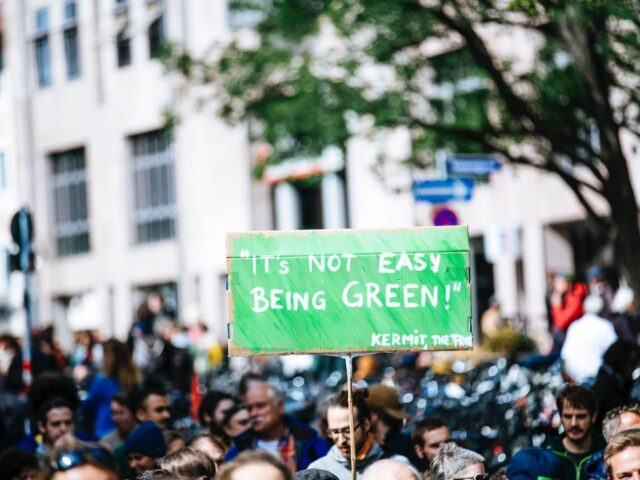The dive is aimed at researchers and policy analysts from think tanks, charities, government departments, trade associations and higher education, who are keen to work collectively to examine interesting questions and develop ideas and solutions across key environmental topics.
The recent landmark IPCC report issued stark warnings of how climate change is causing disruption to the natural and human worlds. It’s estimated that households directly account for around 20% of emissions and, indirectly, much more again. It’s clear that individuals, families and communities are going to need to change the way they live, work and travel.
Understanding Society, which is divided into subject modules and observes changes in people’s lives over time, can tell us much about deep human behaviours, the influence of the social and environmental context, life events and the adaptive capacity to make a transition to net zero.
This multi-disciplinary data dive will examine the challenge of how household can transition to net zero and interventions needed to scale up ‘pro-environmental behaviours’ – building on existing research findings, answering new questions, developing policy ideas, and identifying data gaps and longer-term research questions. The data dive will take place over three days: 25 November, 2 and 9 December.
Themes of the data dive
Various themes and questions could be considered during the data dive:
Attitudes, behaviours and housing
How much does our education, socio-economic status and personalities matter in shaping environmental behaviours? Are such attitudes and behaviours shaped individually or do families matter, and do particular behaviours have spill-over effects? How different are people’s attitudes and behaviours across life-stages, generations and periods? How might climate change impact on equality, (fuel) poverty and health and wellbeing? Does inequality, poverty or poor health make us less likely to adopt pro-environmental behaviours? Where should the focus be on decarbonising housing?
Green renewal/green jobs
Who is transitioning to ‘green jobs’ and conversely who is at risk from industrial disruption? How are changing working patterns linked to climate change, and is there a link between where people work and their environmental attitudes and behaviours? What influences people’s consumption for different products (e.g., air travel) and demand for ‘green’ tariffs and technologies (green fuels/tariffs, electrics/hybrid cars, etc.) – and how do they respond to such opportunities?
Travel mobility/clean air
Who is adapting to more environmentally friendly modes of transport and why? How is car/vehicle ownership and fuel use changing and what impact could this have on air pollution/clean air zones? Does our mobility behaviour depend on where we work or live? What effect has the COVID19 pandemic had on transport behaviours and is this an opportunity to disrupt past behaviour patterns? What impact does a better work-life balance have on transport behaviour? How are newer forms of work, e.g., gig-working, influencing mobility?
Politics, belonging and civic engagement
Voter support will become more critical to building sustainable political coalitions for environmental change, as will bottom-up and top-down mobilisation – but the scale of the challenge and capacity for transition will vary across communities. How do environmental attitudes and behaviours vary across ‘political groups’ and demographics? What is the relationship between climate change and political participation? Are neighbourhood belonging and civic engagement associated with pro-environmental behaviours?
Apply for a place on the data dive. The closing date for applications is Sunday 24 October. The team at Understanding Society and the UK Data Service will consider each application in order to select participants who can form multi-disciplinary and cross-sectoral working groups. Applicants will be informed whether they have a place by the 29 October.
Family and householdsPolitics and social attitudesTransport and environment




